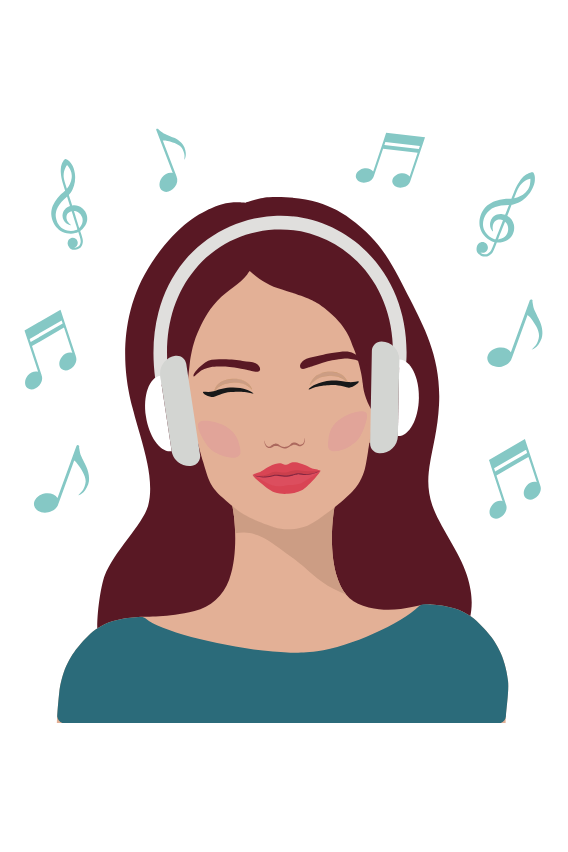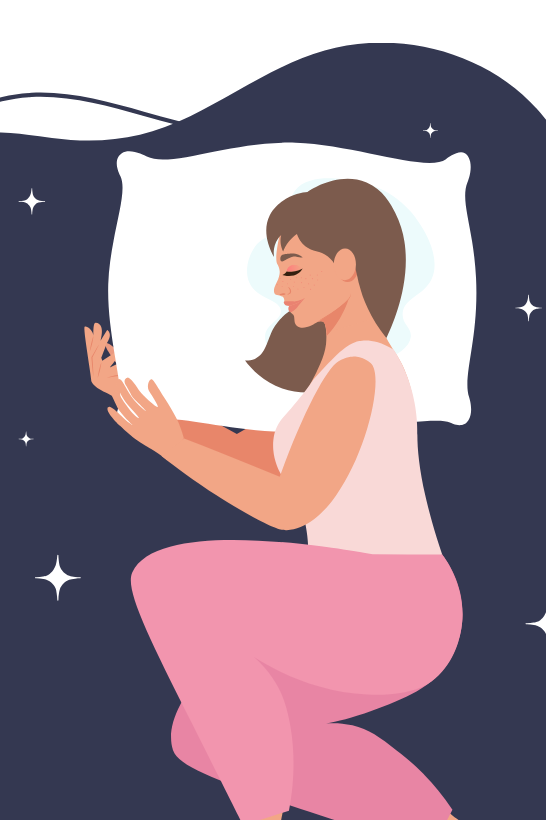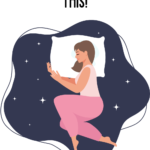Simple activities like going out in the sunshine, listening to music, or eating something you love can boost the production of happy hormones that make you feel good.

Happy hormones are chemicals produced by your body that influence your mood and feelings in a positive way. They are sometimes called feel-good chemicals.
They promote positive feelings and pleasure.
Quick Skim
ToggleWhat hormones make you happy?
Dopamine: This is often called the “reward” hormone because it motivates you to seek out pleasurable things and experiences. When you do something you enjoy, like eating delicious food or spending time with loved ones, your dopamine levels rise, and you feel good.
Serotonin: This hormone helps regulate your mood, sleep, appetite, digestion, and memory. Sufficient levels of serotonin are linked to feelings of well-being and happiness.
Endorphins: These are natural painkillers produced by your body. They are released in response to pain, but also during pleasurable activities like exercise or laughing. Endorphins can improve your mood and create a feeling of euphoria.
Oxytocin: Nicknamed the “love hormone,” oxytocin is associated with bonding and social connection. It plays a role in childbirth, breastfeeding, and parent-child bonding, but it’s also released during hugs, cuddling, and spending time with loved ones.
So, what can you do to produce more of these happy hormones? Here are three simple things to do:
Listen to Upbeat Music

When you listen to music you enjoy, especially something with a fast tempo or positive lyrics, your brain releases dopamine, the “feel-good” hormone. This dopamine surge is similar to the reward you get from eating tasty food or achieving a goal. It creates a pleasurable feeling and motivates you to keep listening.
Complete a Small task

Have so much to do, feeling unhappy and in need of a quick boost? Try checking something off your to-do list no matter how small.
Completing a small task can definitely give you a hit of the happy hormones.
When you check something off your to-do list, no matter how small, your brain recognizes it as a mini-achievement and releases dopamine, making you feel good about yourself.
The best part is that this feeling keeps you motivated to keep tackling things and you may end up having a very productive day.
So go ahead and conquer that small task. Whether you need to send an email, make your bed, fold the laundry or make that call to a friend you’ve been putting off – your brain will thank you for it!
Get enough Sleep

When you’re well-rested, your brain is better equipped to handle stress and negative emotions.
Sleep deprivation can actually make you more irritable, anxious, and prone to mood swings.
Your brain releases wo happy hormones (dopamine and serotonin) during sleep, which contribute to feelings of happiness and reward.
Aim for 7-8 hours of quality sleep each night to experience the positive impact on your mood and overall well-being.
Final Thoughts
Remember to embrace the Power of Small Wins. While there are several other things to do to be happy, in my opinion, these activities are easily achievable within a few minutes. Remember, happiness is a journey, not a destination. By focusing on small wins and celebrating your achievements, you’ll keep those feel-good hormones flowing and create a more positive outlook on life.
FAQs about Happy hormones
Do Happy hormones cause Weight gain?
Some happy hormones, like dopamine, can increase your desire for pleasurable experiences, including eating delicious food. However, it’s not the hormone causing weight gain, but rather your choices based on the happy hormone’s influence.
What happy hormones cause Weight loss?
In some cases, happy hormones can actually help with weight loss. Endorphins, for example, released during exercise, can improve mood and potentially decrease cravings, leading to healthier eating habits. Serotonin also plays a role in appetite regulation, and sufficient levels can contribute to feelings of fullness and satisfaction.
Can happy hormones help with Hair loss?
Happy hormones generally don’t directly cause hair loss. Hair loss is often linked to hormonal imbalances, but these imbalances might involve different hormones than the “happy” ones. Stress, which can be reduced by happy hormones, can sometimes contribute to hair loss.
Here’s the key takeaway: Happy hormones can influence your mood and behaviour, which can then indirectly affect your weight and hair health.
I recently started writing quick short posts on self development. If you are anything like me, when you want an answer you just need an author to go straight to the point. I’m not a fan of 4000 word posts or posts that tell me 100 ways to do something. I prefer more direct guidance with few options that don’t get me overwhelmed. So, if you enjoy this post please leave a comment to encourage me to share more ‘rapid tips’.









